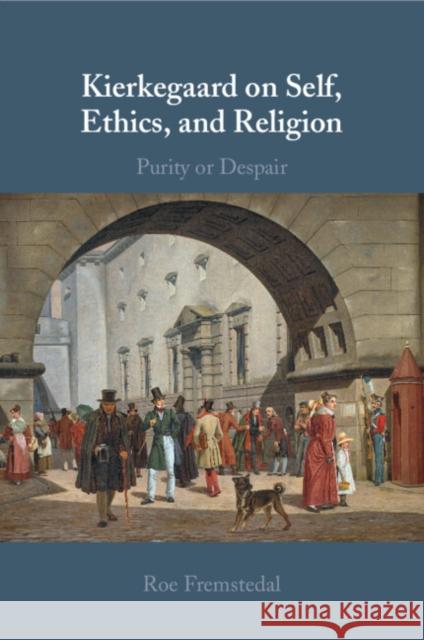Kierkegaard on Self, Ethics, and Religion » książka
topmenu
Kierkegaard on Self, Ethics, and Religion
ISBN-13: 9781009074735 / Miękka / 2023 / 294 str.
Kierkegaard on Self, Ethics, and Religion
ISBN-13: 9781009074735 / Miękka / 2023 / 294 str.
cena 121,78
(netto: 115,98 VAT: 5%)
Najniższa cena z 30 dni: 120,83
(netto: 115,98 VAT: 5%)
Najniższa cena z 30 dni: 120,83
Termin realizacji zamówienia:
ok. 16-18 dni roboczych.
ok. 16-18 dni roboczych.
Darmowa dostawa!
A new perspective on Kierkegaard and his importance for historical and contemporary debates on self, ethics and religion.











